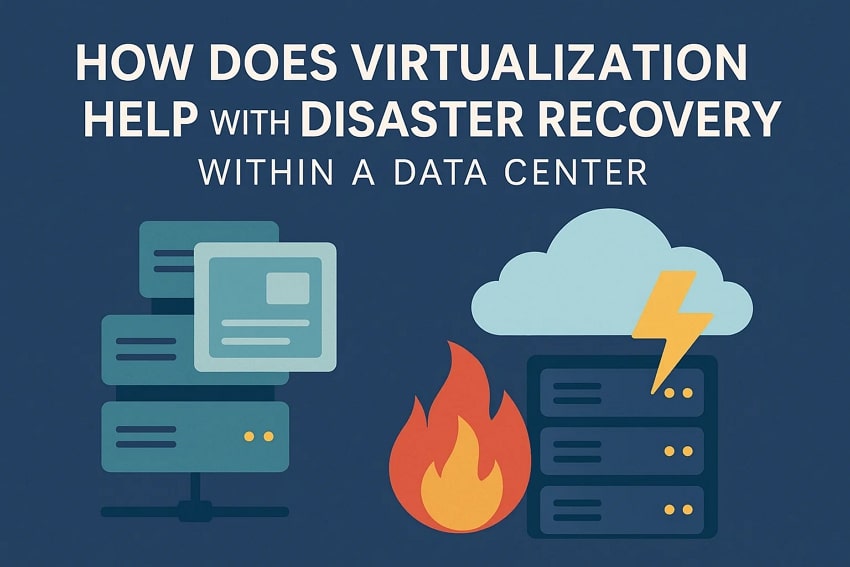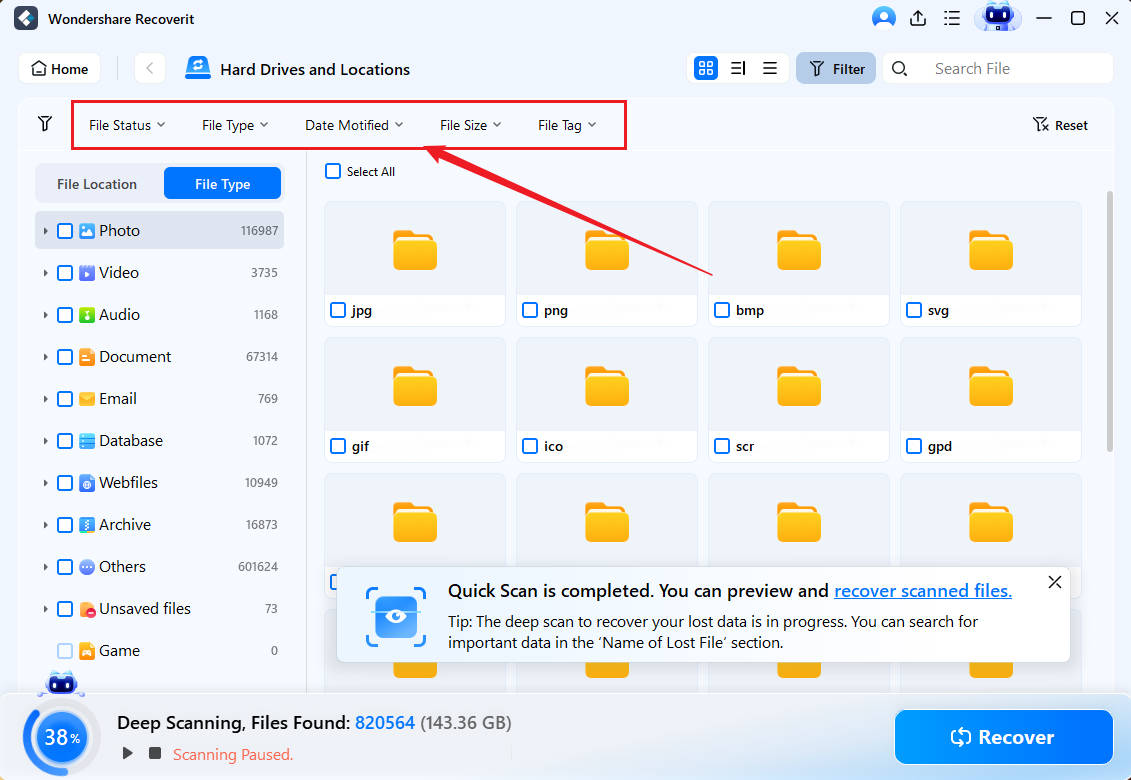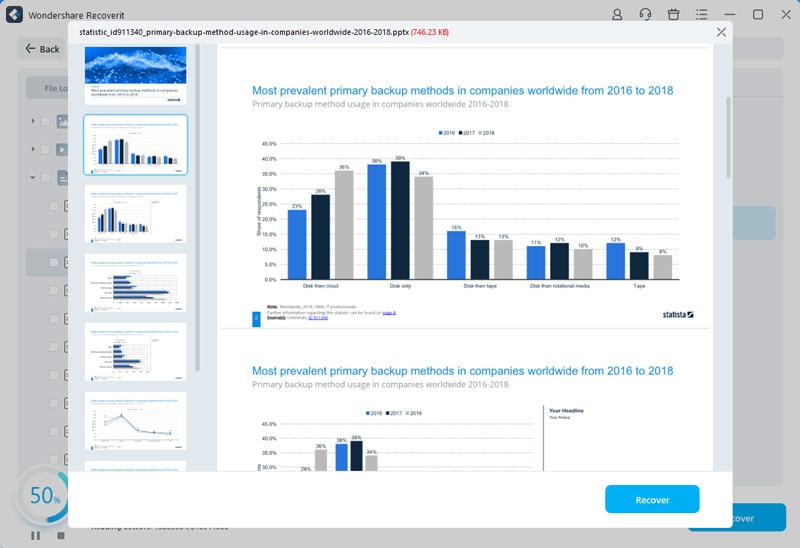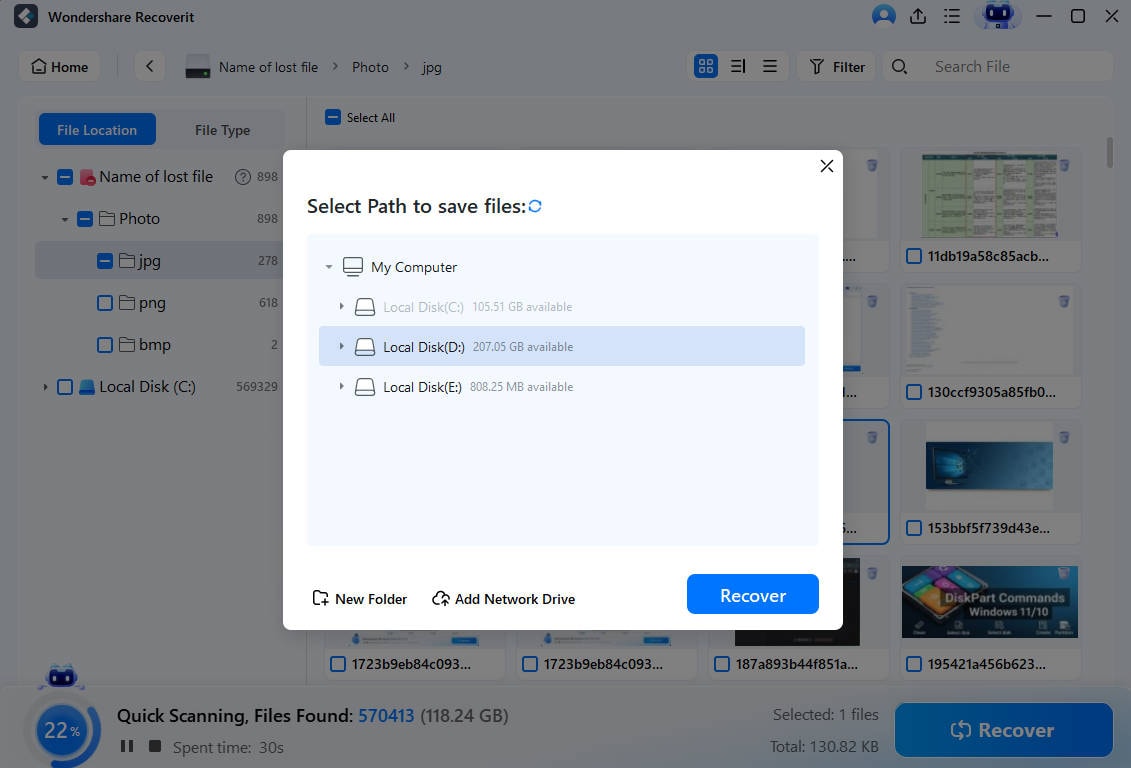Do you have a VMware virtual machine that requires a capable recovery solution? And have you heard about Dell RecoverPoint for Virtual Machines? This tool might be robust, but is it for your needs? Here's what it does and who can use it. Let's scroll down.
In this article
What Is Dell EMC RecoverPoint for Virtual Machines?
Dell RecoverPoint for Virtual Machines (RecoverPoint for VMs) is an enterprise-level disaster recovery and continuous data protection solution for VMware virtual machines. It provides game-changing benefits such as local, remote, and concurrent replication and PiT (Point-in-Time) data recovery.
Dell RecoverPoint for Virtual Machines is part of the Dell Data Protection Suite and a member of the EMC RecoverPoint product family.
Being "storage and application agnostic," RecoverPoint for Virtual Machines is used independently of specific storage solutions and doesn't rely on any particular storage platform or application. It's a massive plus for the system's flexibility and compatibility with storage options.
RecoverPoint for Virtual Machines comes with a native management and automation center that is accessible via the VMware vCenter web client plug-in. Storage administrators, operations managers, IT managers, CIOs, and other vAdmins can use it both locally and remotely.
Companies and organizations with increasing data storage needs can use RecoverPoint for Virtual Machines to protect themselves from data loss due to common problems and catastrophic events such as server failures, data corruption, software errors, and malware attacks.

Explore the guide.

At a Glance: Dell RecoverPoint for VMs Specs
| Best For | Enterprise Disaster Recovery & Replication |
| Supported Platforms | VMware ESXi, vCenter, vSphere |
| Key Feature | Any Point-in-Time (PiT) Recovery |
| RPO/RTO | Near-Zero |
| Deployment | Software-only (Virtual Appliance) |
Key Functions of RecoverPoint for Virtual Machines
Here's an overview of the essential functions and benefits you can expect from implementing Dell RecoverPoint for Virtual Machines in your company, organization, or data center.
Data Replication
With RecoverPoint for VMs, Dell aims to "redefine data protection for VMware Virtual Machines, enabling local, remote, and concurrent local and remote replication with continuous data protection for on-premises recovery to any point in time." Does it succeed?
First, let's talk about the three types of data replication that Dell promises to users - local, remote, and concurrent. Obviously, their pitch refers to local Continuous Data Protection (CDP), Coordinated Resource Recovery (CRR), and concurrent Compensation Log Records (CLR).
RecoverPoint for Virtual Machines combines these three approaches to data replication to infallible effect. In the following sections, you'll see how Dell uses VMware integration and granular protection to ensure local, remote, and concurrent orchestration of data replication.
In addition to this, Dell's solution enables both synchronous and asynchronous replication of data, with synchronous replication providing real-time mirroring of data between virtual machines and asynchronous replication, allowing a certain level of delay in data transfer.
Data replication is a complex protective measure that keeps large-scale organizations protected from various data loss scenarios while also ensuring continuity and consistency.

Tight VMware Integration
Because it is VMware hypervisor-based, Dell RecoverPoint for Virtual Machines integrates seamlessly with VMware solutions. . If you are facing issues with specific VM files, check our guide on how to recover deleted files from VMware.
Tight VMware integration enables you to use Dell RecoverPoint for Virtual Machine in a familiar environment, but not only that. It also gives you a simple interface for setting up and orchestrating recovery plans that require coordination of multiple infrastructure levels.
For example, you can manage recovery plan blueprints directly from VMware vRealize Automation (vRA) and test them regularly without disrupting daily operations. Or, you can integrate with vRealize Operations Manager via Dell Storage Analytics for better visibility.
Plug-in integration with VMware tools gives you everything you need to set up a centralized disaster recovery site that can consolidate data from multiple sites into one location (4:1 fan-in) and replicate data from the central site back to multiple sites (1:4 fan-out replication).
Essentially, all this means that you can protect multiple branch offices with a single solution while also ensuring availability and facilitating testing across multiple locations.

Granular Protection
VM-level granularity means that Dell RecoverPoint for Virtual Machines provides protection at a very detailed level, specifically at the individual virtual machine level. That ensures that every single virtual machine is separately safeguarded and can be independently recovered.
Granular protection is of critical importance in all virtual machine environments, whether or not they operate on multiple sites. It gives you the visibility to locate system faults and failures before they cause catastrophic data loss events and to set up failover plans accordingly.
Moreover, having VM-level granularity allows for more precise and efficient replication and recovery of individual virtual machines. You can easily and quickly recover and replicate separate VMware virtual machines without having to restore the entire virtual environment.

Disaster Recovery
Dell's RecoverPoint for Virtual Machines is a disaster recovery artist. It is multifaceted and centralized at the same time, and it is capable of providing PiT (Point-in-Time) VM recovery for near-zero RPO (Recovery Point) and RTO (Recovery Time Objective) with minimal loss.
For the uninitiated, Point-in-Time recovery is a critical failsafe feature that allows you to restore data to a specific point in time before data loss or corruption occurred. PiT recovery is tough in multi-site requirements, especially from the standpoint of data consistency.
Without near-zero RPO and RTO, RecoverPoint for Virtual Machines would be unusable in industries such as finance, where real-time transactions and a dire need for data integrity require instantaneous disaster recovery that is completely unnoticeable from the user's point of view.

Dell EMC RP4VM Pricing & Support
Being an enterprise-level solution intended for larger businesses and organizations, Dell RecoverPoint for Virtual Machines doesn't have fixed pricing, or Dell doesn't disclose one.
If you want to get pricing, configuration, and compatibility information, there are several ways you can contact a Dell representative - you can chat with a company's Business Advisor, request a sales callback, ask for a quote, or get in touch with Dell's customer support team.
All options are available on the RecoverPoint for Virtual Machines web page.

Dell EMC RecoverPoint for Virtual Machines User Comments
Dell shares several customer stories on its official website, each of them demonstrating how RecoverPoint can be successfully implemented in various industries. In one of them, the solution helps an electric company reduce its backup time from 2+ days to 6 hours!
As for online reviews, the response to RecoverPoint for Virtual Machines is vastly positive. The system has received 7.5 out of 10 stars from reviewers on TrustRadius. Most users are praising the "set-and-forget" backup automation, integrations, and timely data recovery.

One Director of Information Technology claims that Dell RecoveryPoint for Virtual Machines has helped his company lower the recovery point objective and recovery time objective from 13 hours to 4 hours but that they still need help understanding how to use the software.
Several reviewers have expressed their disappointment with the installation and implementation process that "can be done only by EMC support." Others are criticizing Dell's product for being too expensive for SMBs and organizations with smaller data replication needs.
Final Verdict: Pros & Cons
Is RecoverPoint for Virtual Machines a good product? Here's what we think:
All things considered, Dell RecoverPoint for Virtual Machines can help your organization achieve data replication and disaster recovery objectives in a shorter timeframe than similar solutions. It packs a few truly fantastic capabilities, such as block-based and DVR-like replication.
When it comes to replication compression and PiT recovery, Dell's continuous data protection system might be without competition. It handles failover and failback with great success, as well. However, all this comes with a steep learning curve and an unsustainably high price tag.
A Simple Alternative for Recovering Virtual Machines - Wondershare Recoverit

Dell RecoverPoint is powerful for enterprise-level Disaster Recovery (DR). However, if you simply need to recover deleted files from a virtual machine (like a .vmdk file) without deploying a complex replication server, a specialized data recovery tool is a better choice.
For these "lightweight" recovery scenarios, Wondershare Recoverit offers a faster, more affordable solution.
Obviously, Dell RecoverPoint for Virtual Machines is not for everyone. The fact that you have and use VMware technology doesn't make you a good candidate for Dell's large-scope use cases. For starters, this product isn't for personal, family, or any household use, for that matter.
Like most other developers in the enterprise space, Dell doesn't have transparent pricing. However, from what we hear, this solution is not affordable for many small and medium organizations. It is also too complicated to install, set up, and master without some help from support.
Wondershare Recoverit is a professional data recovery tool that can retrieve any file format from any type of storage device, regardless of how it was lost. It has a 98% recovery rate in various data loss scenarios, including accidental deletion, computer crashes, and cyber attacks.
Best of all, Wondershare Recoverit allows you to perform virtual machine recovery in a few steps:
- Download, install, and launch Wondershare Recoverit on your virtual machine.
- Select a location to start recovery. You can start a full-disk scan or use Quick Access to select a specific folder.

- The scan will start automatically. You will see results appear in real time, and you can pause or stop the scan as soon as a file you're looking for shows up.

- After the scan is over, you can browse results by file type, size, or tag. Alternatively, you can perform a search based on a keyword.

- Double-click on any file or click on Preview to open it. This way, you can make sure that the file wasn't damaged due to deletion or corruption.

- If you want to recover data from your virtual machine, you only have to select it and click the Recover button. Choose a safe recovery destination and click Save.

Conclusion
If you are running a large organization with substantial backup needs and an objective to minimize your disaster recovery window, Dell RecoverPoint for Virtual Machine is a formidable solution. It can help you set up, manage, and automate data replication on multiple VM sites.
However, if you need a quick and successful solution for one-time virtual machine recovery, this is not a good solution for you. Consider a simpler alternative, like Recoverit.

![Dell EMC RecoverPoint for Virtual Machines: Full Review & Guide [2026]](https://images.wondershare.com/recoverit/article/recoverpoint-for-virtual-machines-1.jpg)

 ChatGPT
ChatGPT
 Perplexity
Perplexity
 Google AI Mode
Google AI Mode
 Grok
Grok






















